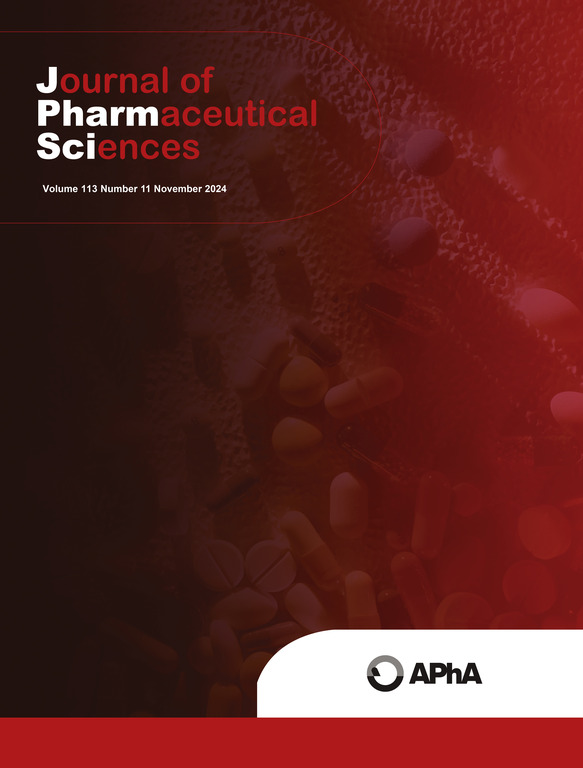Protein-bound cisplatin could exhibit an efficient antitumor effect in vivo
IF 3.8
3区 医学
Q2 CHEMISTRY, MEDICINAL
引用次数: 0
Abstract
Cisplatin has been a mainstay in the treatment of various cancers, and continues to be one of the most effective and essential drugs for cancer treatment. However, the severe nephrotoxicity induced by cisplatin continues to be problematic in clinical settings. Following intravenous (i.v.) injection, cisplatin binds to serum proteins in blood circulation. Also, the contributions that protein-bound cisplatin confers to both the antitumor and adverse effects remain uncertain. In this study, therefore, we performed pharmacokinetic and pharmacological studies of protein-bound cisplatin. Following i.v. injection, protein-bound cisplatin was retained in blood circulation much longer than free-form cisplatin. The protein-bound cisplatin caused no renal toxicities, while equivalent doses of free-form cisplatin did produce this negative effect. In antitumor studies, surprisingly, sequential i.v. treatments with protein-bound cisplatin clearly suppressed tumor growth to an extent that was comparable to the same doses of free-form cisplatin both in the treatment of murine B16F10 melanoma as well as in that for human A2780 ovarian tumor-bearing mice. These results suggest that the protein-bound form partially contributes to the therapeutic outcome of i.v.-injected cisplatin for cancer treatments. Also, protein-bound cisplatin could become a novel anticancer agent to suppress tumor growth with less renal toxicity.

蛋白结合的顺铂在体内表现出有效的抗肿瘤作用
顺铂一直是治疗各种癌症的中流砥柱,并将继续成为治疗癌症最有效和最基本的药物之一。然而,顺铂引起的严重肾毒性在临床环境中仍然存在问题。静脉注射后,顺铂与血液循环中的血清蛋白结合。此外,蛋白结合顺铂在抗肿瘤和不良反应方面的作用仍不确定。因此,在本研究中,我们进行了蛋白结合顺铂的药代动力学和药理学研究。静脉注射后,蛋白结合的顺铂在血液循环中的保留时间比自由形式的顺铂长得多。蛋白结合的顺铂没有引起肾毒性,而等量的自由形式的顺铂确实产生了这种负面影响。在抗肿瘤研究中,令人惊讶的是,连续静脉注射蛋白结合顺铂治疗明显抑制肿瘤生长,其程度与相同剂量的自由形式顺铂治疗小鼠B16F10黑色素瘤和人类A2780卵巢荷瘤小鼠相当。这些结果表明,蛋白质结合形式部分有助于静脉注射顺铂治疗癌症的治疗结果。蛋白结合顺铂可能成为抑制肿瘤生长且肾毒性较小的新型抗癌药物。
本文章由计算机程序翻译,如有差异,请以英文原文为准。
求助全文
约1分钟内获得全文
求助全文
来源期刊
CiteScore
7.30
自引率
13.20%
发文量
367
审稿时长
33 days
期刊介绍:
The Journal of Pharmaceutical Sciences will publish original research papers, original research notes, invited topical reviews (including Minireviews), and editorial commentary and news. The area of focus shall be concepts in basic pharmaceutical science and such topics as chemical processing of pharmaceuticals, including crystallization, lyophilization, chemical stability of drugs, pharmacokinetics, biopharmaceutics, pharmacodynamics, pro-drug developments, metabolic disposition of bioactive agents, dosage form design, protein-peptide chemistry and biotechnology specifically as these relate to pharmaceutical technology, and targeted drug delivery.

 求助内容:
求助内容: 应助结果提醒方式:
应助结果提醒方式:


